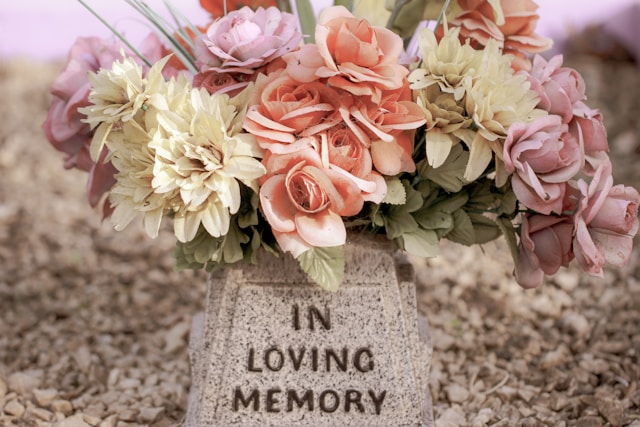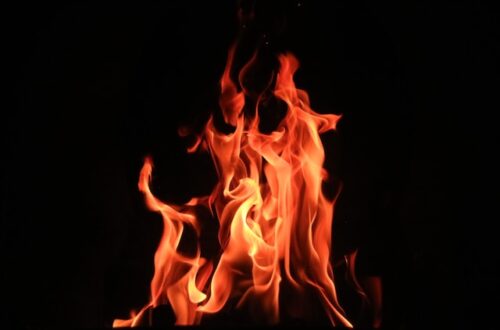
Understanding the Legal Process for Pursuing Wrongful Death Claims
Table of Contents:
- The Fundamentals of Wrongful Death Claims
- Who Can File a Wrongful Death Claim?
- Gathering Critical Evidence for Wrongful Death Cases
- Overcoming Legal Challenges in Wrongful Death Claims
- Calculating Damages and Compensation
- Legal Counsel’s Significance in Cases of Wrongful Death
- Navigating the Court Systems and Legal Proceedings
- Outcomes of Wrongful Death Cases
- The Emotional and Psychological Toll of Wrongful Death Claims
- Preventing Future Wrongful Death Situations
Key Takeaways:
- Understanding the intricacies of wrongful death claims is essential for affected families.
- Legal guidance is instrumental in navigating the complexities of the justice system.
- Wrongful death claims not only seek compensation but also drive systemic safety improvements.
The Fundamentals of Wrongful Death Claims
Wrongful death claims are civil actions brought forth when an individual’s death has been caused as a direct result of negligence or misconduct by another party. It’s a provision that aims to provide relief to family members who have suffered the premature loss of a loved one, providing a legal avenue to seek compensatory damages and hold the responsible party accountable. The nature of these claims is such that they focus on the wrongful act, neglect, or default of an entity or person, warranting a thorough legal analysis to establish liability.
The statistical reality highlights the potential instances where wrongful death could be claimed. Medical malpractice, workplace dangers, auto accidents, and product liabilities are a few examples, but there are many more. In cities like Houston, navigating the complexities of such cases can be particularly challenging, making the expertise found in services such as wrongful death workers compensation Houston TX, vitally important.
Who Can File a Wrongful Death Claim?
In the unfortunate event of a wrongful death, it is pertinent to understand who is legally permitted to file a claim. While statutes vary, immediate family members such as spouses and children usually have the right to pursue legal action. Some jurisdictions may extend this right to include life partners, financial dependents, or distant family members. These variances underscore the significance of knowing your rights within your legal context. This knowledge facilitates a smooth initiation of the claim process, ensuring the proper parties are filing suit.
Gathering Critical Evidence for Wrongful Death Cases
The ability to present compelling evidence is crucial in wrongful death cases, as the burden of proof lies on the plaintiff. Obtaining substantial, accurate evidence is a tiered process, often starting at the incident scene. It entails collecting tangible evidence, eyewitness accounts, police reports, and expert testimonies. Determining the complete amount of the deceased’s dependents’ financial and emotional losses may also require a thorough review of supporting documentation, including bank statements, employment histories, and medical records. As evidence serves as the foundation for the claim, preserving its integrity is paramount to the case’s success.
Overcoming Legal Challenges in Wrongful Death Claims
Navigating the hurdles in a wrongful death lawsuit demands a deep understanding of the law and the ability to anticipate potential defenses. Common challenges include disputed liability, where the defendant may argue the death occurred due to factors outside of their control or raise procedural objections, such as asserting the claim was not filed within the statute of limitations. Claimants should be aware of these potential barriers to prepare their cases accordingly and preserve their right to compensation.
Calculating Damages and Compensation
Calculating the damages and potential compensation in wrongful death cases is multifaceted, involving economic factors such as the loss of future earnings, medical and funeral costs, and non-economic aspects like pain and suffering. Judges and juries must also consider the relationship between the deceased and the beneficiaries, the life expectancy of all parties, and the non-material contributions the deceased would have made. A thorough valuation of these losses is intrinsic to determining just compensation, alleviating the financial burden resulting from the untimely death.
Legal Counsel’s Significance in Cases of Wrongful Death
Quality legal representation in wrongful death cases is more than just a necessity—it is a keystone in the bridge to fair resolution. The right wrongful death attorney will provide the following:
- Robust legal strategy.
- Empathetic handling of sensitive information.
- The determination to negotiate or litigate as needed.
Their experience can be the differentiator in managing courtroom etiquette, understanding juries, and securing expert witnesses, culminating in the most favorable outcome for their clients.
Navigating the Court Systems and Legal Proceedings
The journey through the court system is a labyrinthine process characterized by procedural rules, discovery phases, and, potentially, a jury trial. It can appear daunting for those unfamiliar with the court process, making legal counsel essential for steering the case. Every stage of the legal process, from registering the first complaint to making arguments in court, is necessary. It is also worth considering alternative dispute resolution methods like mediations or arbitrations, which may afford a less formal and potentially expedient path to settlement.
Outcomes of Wrongful Death Cases
Outcomes in wrongful death lawsuits can range from substantial financial settlements to dismissals, and they are heavily influenced by the strength of the evidence and the adeptness of legal representation.
The Emotional and Psychological Toll of Wrongful Death Claims
The pursuit of a wrongful death claim can compound the natural grieving process with legal stressors. It is essential for those involved to seek emotional and psychological support through counseling services. A sympathetic lawyer can ease some of the stress by handling legal matters, freeing up family members to concentrate on getting better and moving on.
Preventing Future Wrongful Death Situations
Ultimately, wrongful death claims serve a dual purpose. Beyond providing monetary compensation, they serve as a stern reminder to individuals and corporations of the substantial repercussions of negligence. Legal precedents set by these cases can provoke policy changes and enhance safety measures, influencing society’s outlook on preventing avoidable tragedies and honoring the memory of those lost by working towards a safer future for all.





